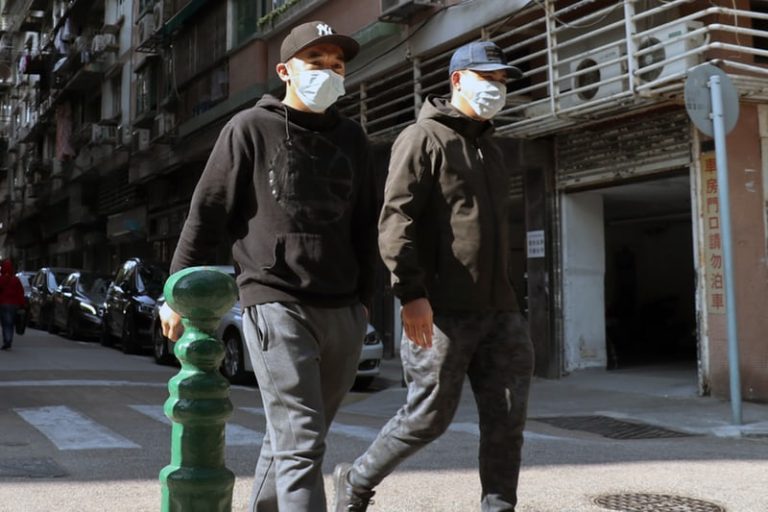With less than six months separating the world and athletes from the Tokyo 2020 Summer
Olympics, the last thing athletes and attendees want to worry about is contracting a killer virus.
But with over 17,000 cases and 361 deaths in mainland China alone according to an article by
the BBC, the World Health Organization has declared the coronavirus a global emergency.
“It is expected that further international exportation of cases may appear in any country” the
WHO said. Thus, all countries should be prepared for containment, including active surveillance,
early detection, isolation and case management, contact tracing and prevention of the onward
spread of the coronavirus and to share full data with WHO.”
With this information in hand, many qualifying Olympic events and sporting events in China
have been postponed, relocated or canceled completely. The World Indoor Track and Field
Championship in Nanjing, China that was scheduled for Feb. 12-13 has been postponed due to
the concern of the coronavirus. A boxing qualifying event for the 2020 Olympics that was set to
be held in Wuhan, China, was moved to Amman, Jordan, in the early weeks of March.
Basketball and football games have also been relocated and some athletes not able to compete
because they have been quarantined.
Although there has only been one reported case of the coronavirus in Japan, the president of the
Japanese Association for Infectious Diseases is handling the issue with much caution.
“We have to be very careful about what kind of infectious diseases will appear at the Tokyo
Olympics. At these kinds of mass gatherings, the risks increase that infectious diseases and
resistant bacteria can be carried in,” said JAID president Kazuhiro Tateda.
Because there is no vaccine for the current coronavirus, it is difficult for the public to see an end
in sight to this outbreak. As the 2020 Summer Olympics get closer, the world is watching and
waiting for a resolution to this deadly disease.

Wikimedia


